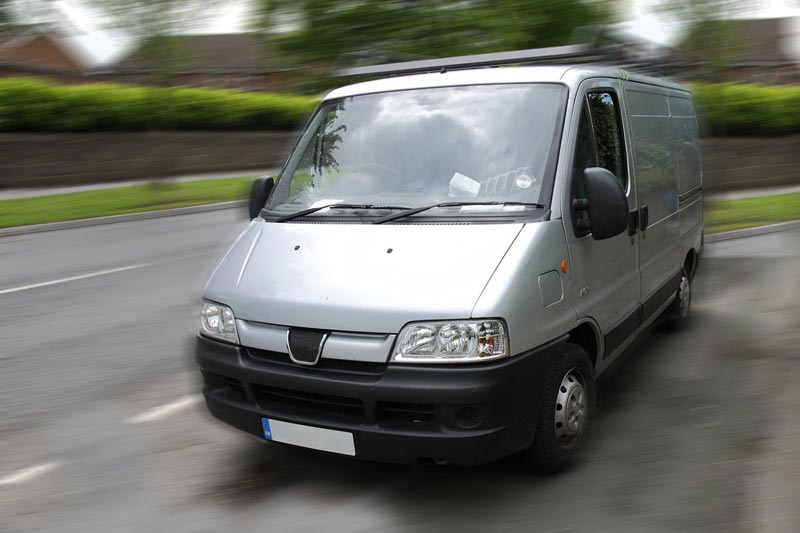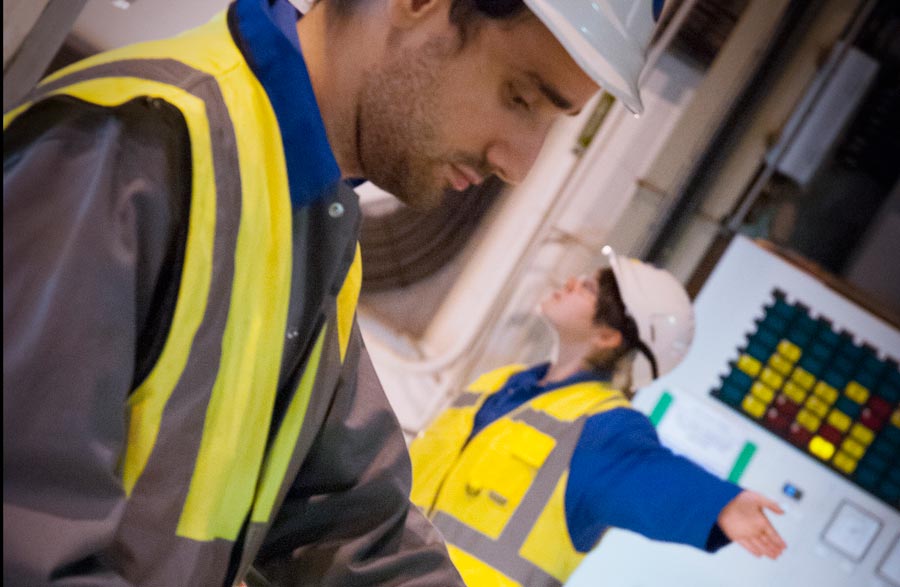
Keep Moving – The Van Model
Not all businesses have to be rooted to static (and often expensive) premises. One of the simplest business models around is the classic ‘Man and Van’, an evergreen set-up that can be applied to an endless number of business sectors.
It’s simple and cost effective to set up, making the van model a popular choice amongst people aiming to start their own business. Here are our top tips for success.
Keeping It Simple
Whilst you have a big lump of experience from your Military days, it isn’t likely to be directly involved in retail or customer service, which is ultimately what the van model is all about – in other words, finding customers, selling your service, doing the job and maintaining a relationship towards future business. More accurately, your experience is likely to be in working with people and even managing projects, so indirectly helpful to the van model.
In any case, you’re likely to be new to business – and especially at being the boss. The beauty of the van model is that it really is very simple: ‘drive – customers – job – paid’. You won’t have to deal with running a premises such as an office or a shop since the van itself will likely double up as those, although you might want to dust down the desk in the spare room for doing the books and so on. You’ll probably be working on your own or with a small staff, perhaps a labourer or builder’s mate etc at least to start with. You can build up to a cast of thousands later as you piece the business together.
Being a (very) small business means that you can get an instant overview of the whole operation (at any moment) and you’re able to move swiftly to take advantage of businesses opportunities as they arise.
If there is a downside to being a ‘one man band’ it’s just that – you’re on your own and will need to be 100% self-reliant.
(Not) Going Solo
The thought of striking out on your own from scratch can be daunting and indicates a level of wisdom rather than a lack of self confidence. Whilst the van model is an easy model to understand it’s only a small step to upsizing your potential success by becoming a franchisee. The essential franchise formula in this case would be man plus van, plus well-known branding association that the business owner pays for from the franchisor. Immediately, this gives the new franchisee an identity and ready-made product reputation. Many businesses find the first few months the hardest and are prone to fail before they’ve really got started because of a lack of reputation or brand recognition. A franchise can solve this and help your business to hit the ground running. Of course, you’ll still be running your own business but with a few key differences.
The power of ‘branding’ (the use of familiar brand names or logos) is well-known in helping to secure customers. The fact that they know exactly what you’re offering and at what kind of price-point has definite advantages and is often worth paying a licence fee for.
What do you want to do?
The van model is so simple that it can be applied to any number of business sectors and so you’re likely to be able to select an appropriate business venture that draws upon skills or qualifications you might have acquired in the Forces. Furthermore you’re more likely to be able to match it up to something you’re good at and that you actually want to spend your days involved with – two of the secrets to success!
Business types that are known to work well within the van model remit include manual or outdoor concerns such as gardening services or building, through to more technical or ‘minor emergency’ call-out businesses such as those connected with motor maintenance or those that simply see the van as a box on wheels, utilising it for delivery purposes.
Investment
Service-leavers will also be relieved to find that the initial investment in a van based franchise can be relatively small – and perhaps covered in part by your lump sum on exiting the Forces. There are van-based franchises available for an initial investment of around £10,000 (at the lower end of the market).
Generally speaking, because franchises tend to have a much better statistical chance of turning a profit you’ll find that financial help from say, banks is likely to be a little more forthcoming. After all, the lender may well be familiar with the brand you’re aiming to take up and will realise that your chances for success are far better than if you were to start from scratch.
Be a local hero
Even with a well-known brand to lean on you’ll still need to put in a good amount of spadework. In a new ‘territory’ (your geographical area of business), you’ll find yourself taking on other established firms. The answer to how to break into a market is simple: hard work. At least to start with, the hours are likely to be long and that’s before you’ve even managed to take on the actual job you’re doing. You’ll certainly need to put some miles in, visiting new prospects to find out what you need to do to get them to switch their business to you. Again, the reputation of Service-leavers means that franchisors can be confident of a day’s graft and of course, that you won’t give up easily if it becomes difficult.
Follow the instructions
Once you’ve agreed to become a franchisee, the franchisor will not only kit you out with their branded van and probably a uniform but they’ll invite you to take on a training regime to bring you up to speed with the way the company operates and what its traditions and ethos are all about. Naturally, this is well worth paying attention to since the franchisor is effectively telling you the secret of their success – since to do so increases their yield from the profit share they’ll receive from your ongoing business.
Research
As with any investment it’s wise to carry out your own due diligence by chatting with existing franchisees about how they see things.
British Franchise Association
The British Franchise Association (BFA) website has plenty of ideas on what to look for in an investment opportunity.
More:
British Franchise Association – www.thebfa.org
Franchise Direct – www.franchisedirect.co.uk
Van Franchise – www.vanfranchise.co.uk



